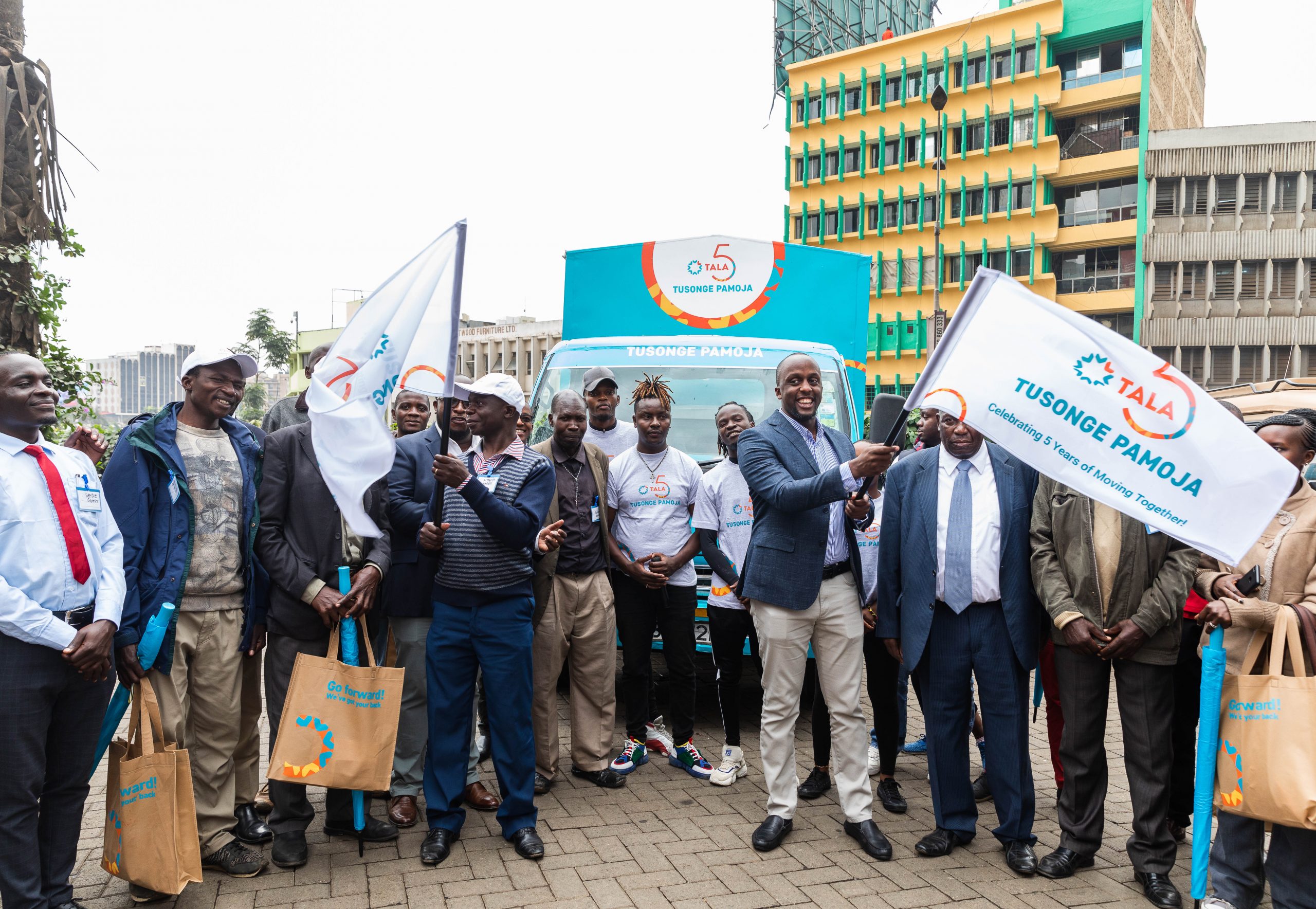By Ivan Mbowa
There are currently 3.2 billion people around the world who are striving to make a breakthrough in life. This group is also called the “emerging middle class” and earning up to $100 per day.
In another decade, this group is expected to swell into a 5.2 billion population and increase its annual spending from $35 trillion to $64 trillion, shifting consumption patterns worldwide, according to data from the 2017 Brookings Global Economy and Development paper.
Despite this trend, one of the biggest barriers preventing this group of people from achieving their financial goals is lack of access to financial services.
In Africa, the situation is even more dire. According to the latest Global Findex Database by World Bank, an overwhelming 370 million Africans remain unbanked.
Digital lending has had an unprecedented impact on financial inclusion, especially among start-ups and micro-entrepreneurs in Kenya. In order to better understand the real impact of digital lending in Kenya, it is important to put yourself in the shoes of these underbanked consumers.
One such example is Ruth* (not her real name), a mother and a small business owner from Kisumu. Ruth used to run a small food business but struggled to earn enough to build the life she wanted for her family. She needed capital. Yet, Ruth was one of the millions of Kenyans who traditional banks simply would not serve.
Ruth began using mobile loans to cover school fees and expenses for her food business. This helped her quickly grow her business as her loan limits increased.
Following the success of her food business, Ruth began using her mobile loans to import beauty supplies from China to start a second business, a salon. With reliable access to capital, she grew her beauty salon too and used the profits to start another business wholesaling LED light bulbs to businesses around Kisumu.
Her beauty salon now employs three people and her lighting business employs two more. She still uses mobile loans frequently to cover costs as she expands, calling it her “secret business partner.”
This story is indeed inspiring, and she’s not alone. According to the 2019 Economic Survey by the Kenya National Bureau of Statistics, 83.6% of Kenyans are employed in the informal sector.
To help Kenyans who are striving to grow financially, access to credit is a highly effective starting point.
Credit is the only financial product that solves most such urgent needs. For Ruth, she needs to control her cash flow by paying emergency expenses like school fees. Second, she needs to improve her income by starting small businesses with credit.
Read: Tala Secures Sh11bn Funding to Roll Out New Products
No other financial services product can address both of these needs. Only once Ruth is in a better and more predictable financial situation will other financial products be relevant to her. Without credit and the predictability it brings, it is a challenge to graduate to higher-level financial products, such as an investment account to grow her savings or life insurance to protect her income later in life.
Given the importance of credit, it is unfortunate that it is not easy to apply for credit from the nearest banks or lending firms.
The typical requirements needed to access credit from a traditional bank or lending firm include collateral, job verification, repayment history, proof of regular income and references. To gather these items is complex, time-consuming, and requires a lot of documents. If you put yourself in Ruth’s shoes, you might feel intimidated, excluded, and even defeated by the process.
In the past 5 years, we’ve seen how financial technology has come a long way in developing solutions and products to better serve the needs of underbanked people.
Before digital lending, a typical Kenyan would still have to travel to a bank and fill out an application form to get a credit facility. Today, consumers have more, and better, options. Whether by web or mobile apps, financial access has never been as accessible as it is today.
In 2014, we started our journey to help the underbanked Kenyans seeking to take control of their financial lives.
In the past five years, we have provided credit to three million customers whose core use is to finance personal expenses and capital for small businesses. This validates our main belief about our customers: given the chance, they use credit responsibly – to stabilize their cash flow and improve their income.
Given these learnings, financial education is a critical step in empowering customers to continue growing by building a positive and healthy relationship with finances and planning for the future.
That’s why we are now providing financial education, personalized coaching, and customer networking opportunities both online and offline for our customers.
See also: Tala Educates Kenyans on Responsible Borrowing Practices
But it will take more than one fintech company to solve financial inclusion.
It will take the collective effort and partnership of all players, regulators, and traditional finance to make this work. And if we do, we can look forward and imagine an exciting future where everyone in Kenya has the opportunity to unlock their potential. A future where Ruth’s story is not an exception to the rule – but rather a fundamental right afforded to every Kenyan.
The Author is the Tala General Manager (East Africa)













Leave a comment